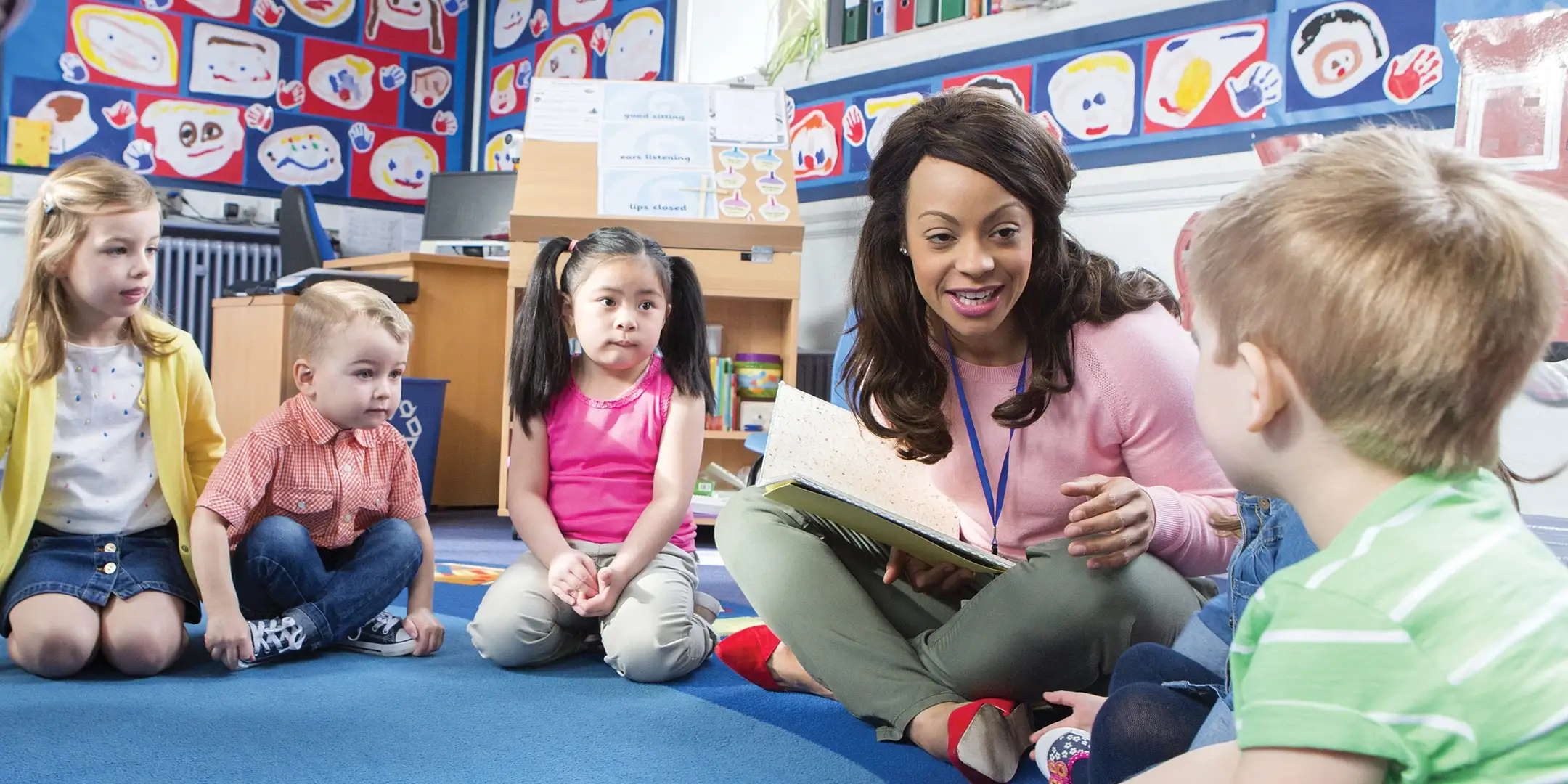The Office of Head Start recently announced the reinstitution of the Classroom Assessment Scoring System (CLASS) reporting tool in all Head Start agencies. CLASS is a teaching quality assessment tool that places emphasis on relationship building between teacher and student. The health of these relationships is commonly understood to be an indicator of a solid foundation for learning. A recent article published by TeachStone homed in on the compatibility of CLASS with other curricula. Conscious Discipline was the only SEL-centered approach mentioned in Teachstone’s list.
CLASS and Head Start
CLASS is an evidence-based assessment of teaching quality for use in settings with children birth through grade 12. Head Start employed CLASS in their centers prior to the pandemic Covid-19 and has authorized a return to using it during the 2023-2024 school year. On the TeachStone website, CLASS sales consultant Erin Sabina describes CLASS as, “designed to help every teacher change the lives of students through the power of their interactions with those students. Those interactions are a key to student learning.” CLASS provides a measurable and quantifiable way to track the progress of positive interactions, focusing on the building of relationships, thus making the classroom conducive to learning. “Not only do students in classrooms with higher CLASS scores learn more in these areas, they may also experience less stress, better inhibitory control, and increased working memory.” Conscious Discipline enthusiasts are not surprised that children learn best when they are regulated; this is a foundational component of the Conscious Discipline Brain State Model and many of Conscious Discipline’s teachings.
Conscious Discipline in Early Education
Conscious Discipline is a trauma-informed, adult-first practice that operates under the scientific understanding that children can only regulate if the adults in the room are regulated. The implementation of Conscious Discipline in early childhood fosters connection and co-regulation between teacher and student, leading to an executive brain state— the state from which higher-order skills such as learning are accessible. “For preschoolers, higher levels of Instructional Support were associated with greater gains in letter-word identification, spelling, and applied problems in kindergarten.” (Johnson, Markowitz, Hill, & Phillips, 2016)
How are CLASS and Conscious Discipline Compatible?
Both CLASS and Conscious Discipline focus on relationship skills and self-regulatory skills that foster deeper connections and positive interactions between teachers and their students. Conscious Discipline provides skills, tools, resources, and materials for raising these skillsets, while CLASS provides the system to track relationship progress, much like traditional systems track academic outcomes.
According to the NCES (National Center for Education Statistics), more than 80% of public schools have reported that the Covid-19 pandemic negatively impacted student behavior and socio-emotional development. The first step toward student success is to ensure adults can access the skills and tools necessary to self-regulate and build healthy relationships. The use of Conscious Discipline coupled with a tracking system such as CLASS is a powerful combination for creating learning communities that thrive.
Conscious Discipline Resources for Early Education
Head Start Early Learning Outcomes Framework
Early Childhood Educator’s Perceptions of Conscious Discipline
A.C.T. Scenarios Ages 4 and Up
Impacting Early Childhood Education by Becoming the Change You Want to See
Implementation Tools:




